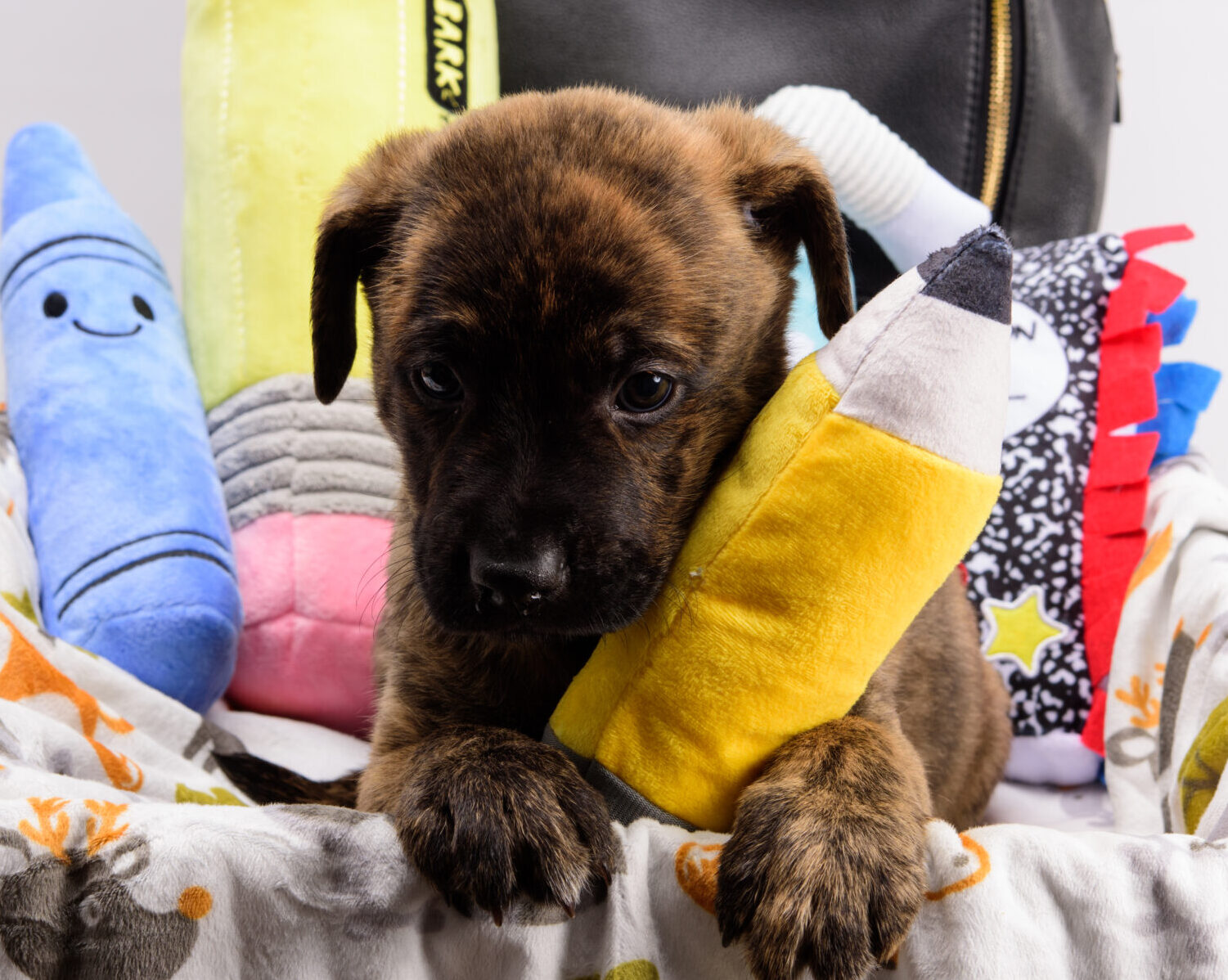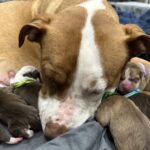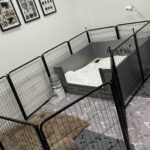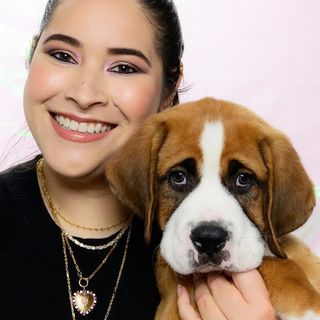KinderPUP makes it easy for fosters to socialize and familiarize their pups while laying the groundwork for manners, potty training, and crate training. This gives puppies a head start when they head to their forever homes!
A puppy benefits tremendously from spending their early life in a home environment. It helps to set them up for success in their future homes by becoming familiar with the sights, sounds, and smells of a home. It is often one of the first experiences they’ll have bonding with a human and where they learn to trust and feel safe with humans.
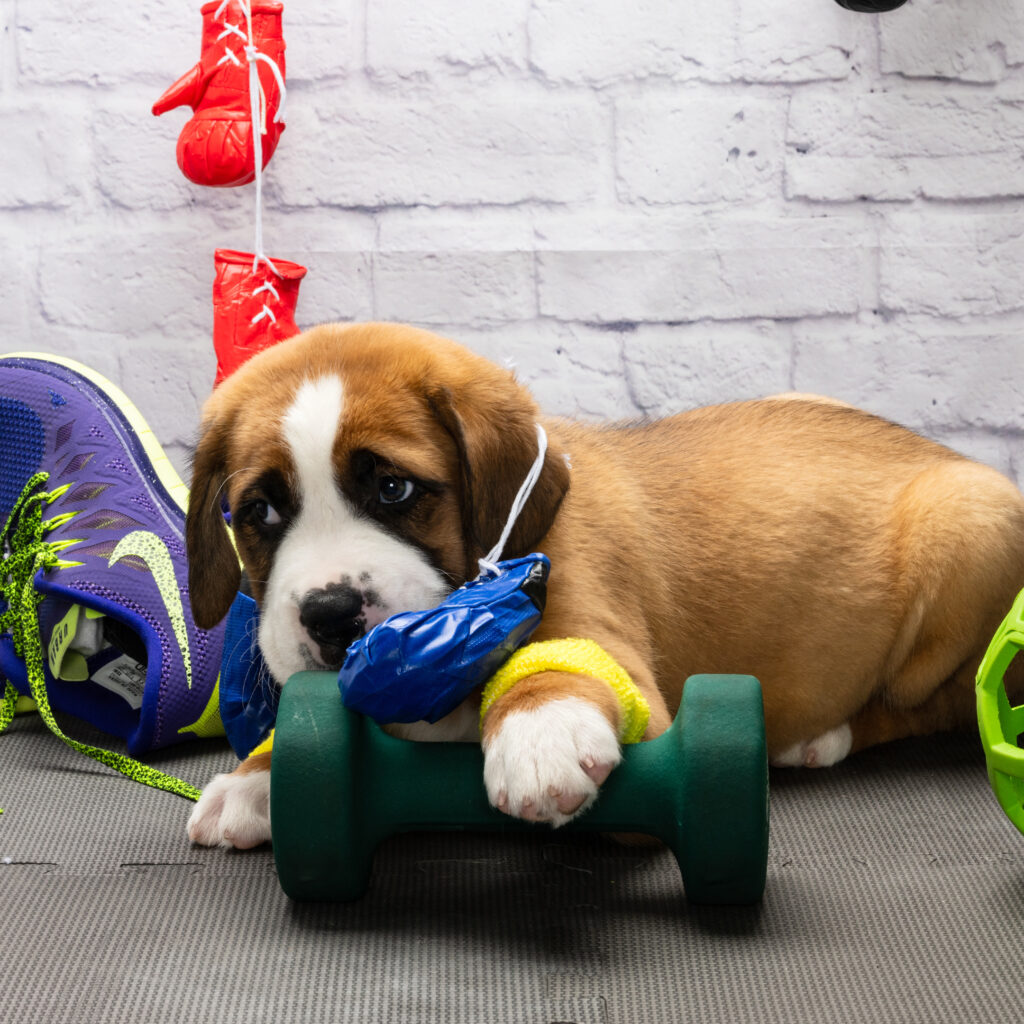
The act of fostering is rooted in generosity, as you open your home to a vulnerable animal in need of a safe place before they go on to find their forever home.
Fosters are often volunteering their time but have a full life outside of fostering, so fosters need to have a practical guide on how to set your foster pup up for success in their future home while being fun and flexible.
The program provides easy-to-follow “lesson plans” that are age-appropriate for the puppy you are fostering.
KinderPUP Goals
Confidence
Through interacting with a variety of people, objects, sounds, and the like, puppies will exhibit more confidence. Their reaction to something new is marked by curiosity rather than fear.
Trust
They have learned to bond with and trust humans, setting them up to build a better, stronger bond with their new, forever family.
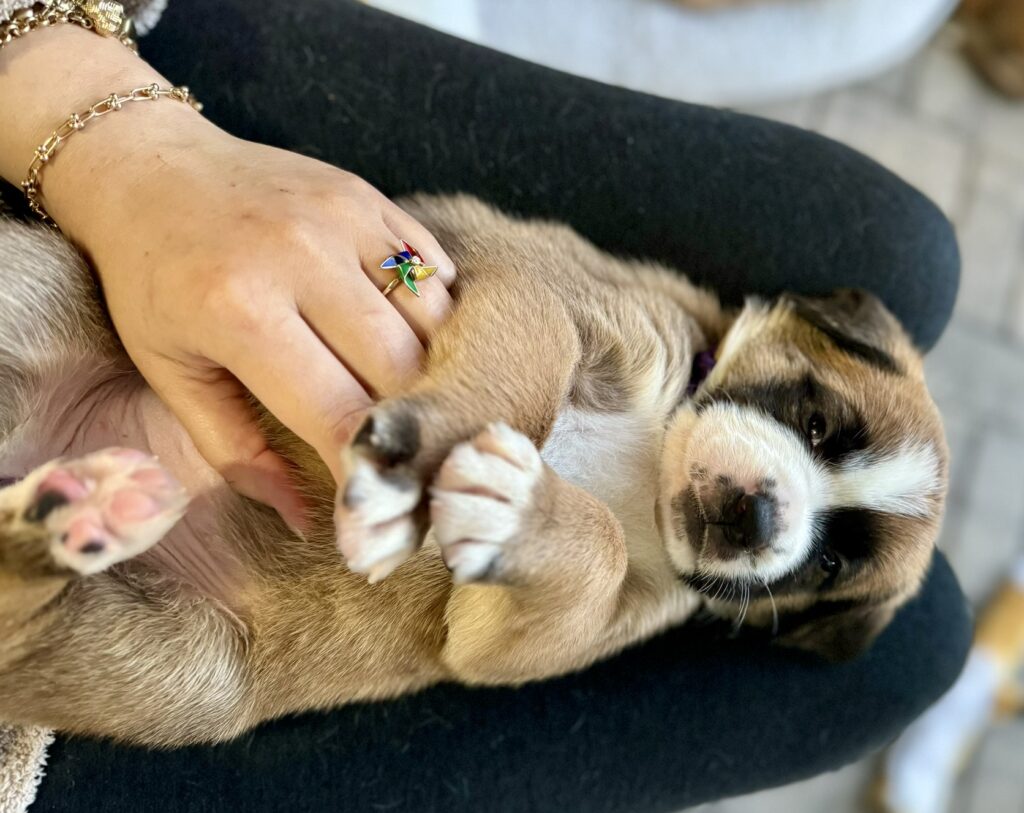
Home-ready
Puppies are familiar with the sights and sounds found in most households, like doorbells, flooring, furniture, vacuums, washing machines, and more. They are ready for more formalized obedience training because they’ve been working on appropriate behaviors, like the beginning of manners, potty training, and crate training.
How We Meet Our Goals
We build confidence and trust with puppies by ensuring their early experiences with new people, sights, sounds, and places are as positive as possible. This creates a puppy that reacts to new experiences with curiosity and less fear.
To do this, we use the Five Stages of Growth model to set goals and provide guidance on how to achieve those goals for each stage.
In general, all of the goals are backed by different levels of handling, care, socialization and familiarization, and training.
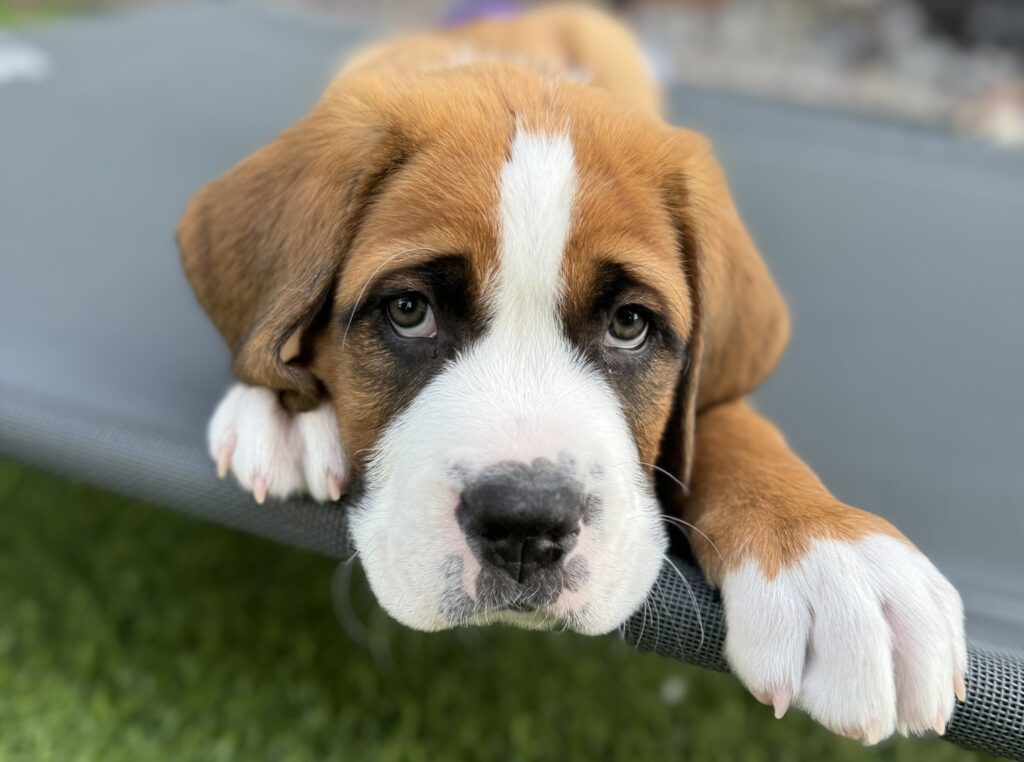
Handling involves the physical touching of puppies so that they are comfortable with human handling. In the earliest stage, this may be as limited as the touch involved in individual weighing of puppies. In middle stages, this can involve holding, touching, and grooming. We want puppies to grow into adult dogs who can be handled by people from their family to groomers to vets.
Care involves what it takes to provide a clean, safe environment, hygiene, feeding, and anything needed to maintain and support the puppy’s health and physical development.
Socialization and Familiarization is the largest component that goes into building confidence and trust with puppies as we expose them to new people, objects, places, and more.
Training in the first three stages of growth focuses on building a foundation of manners, readiness for formalized training, and starting on potty training and crate training.

